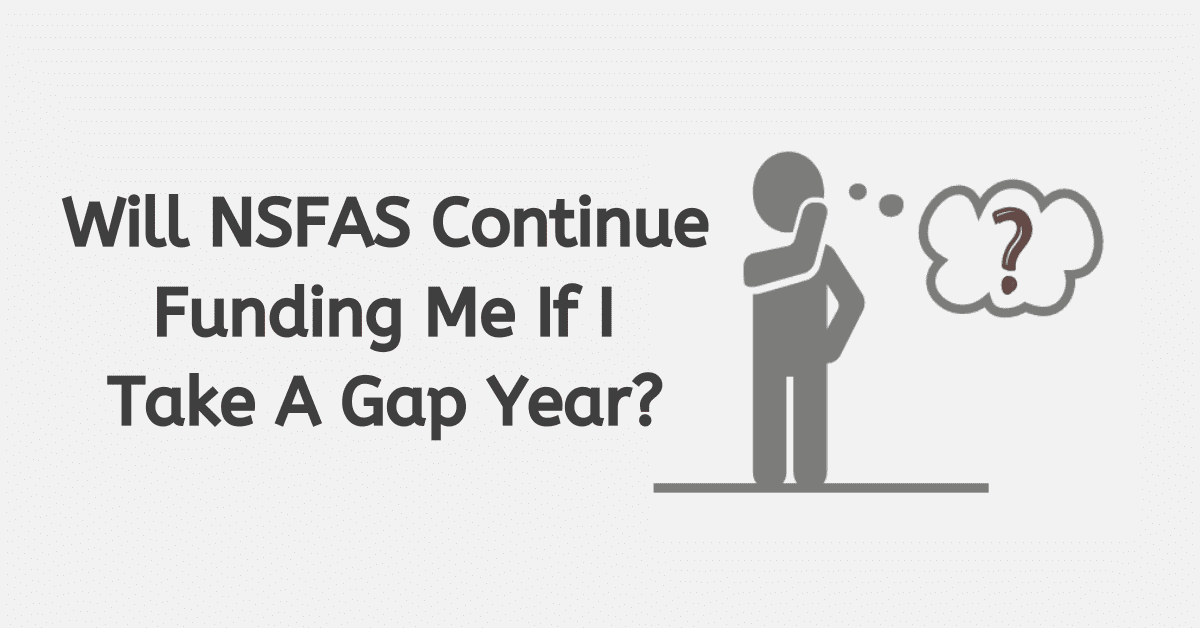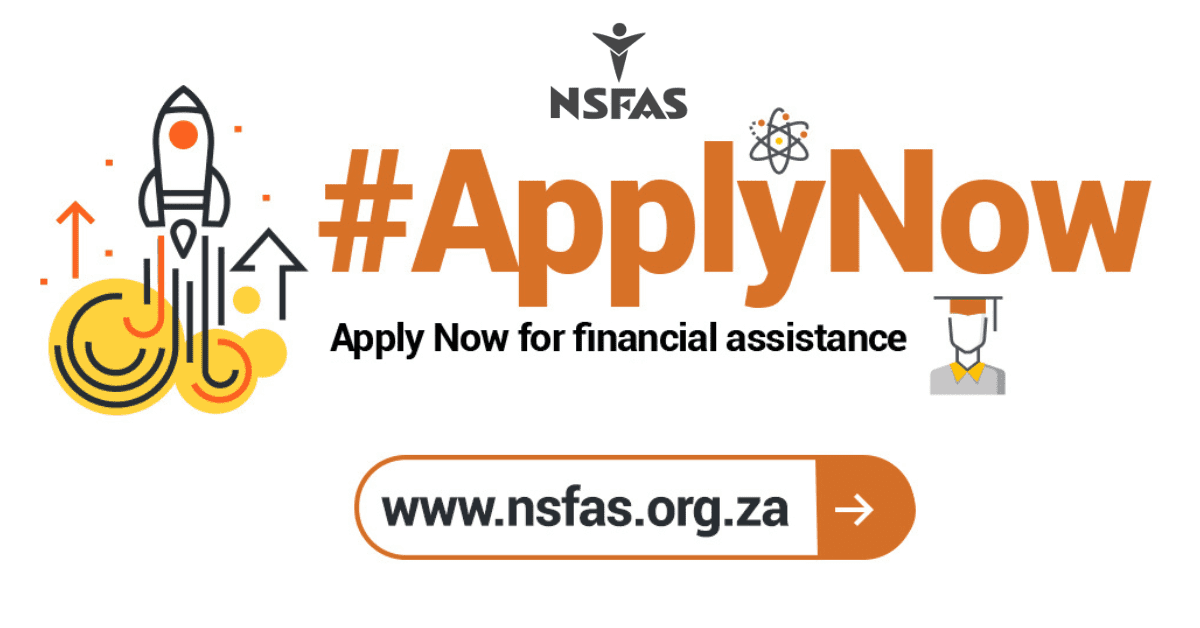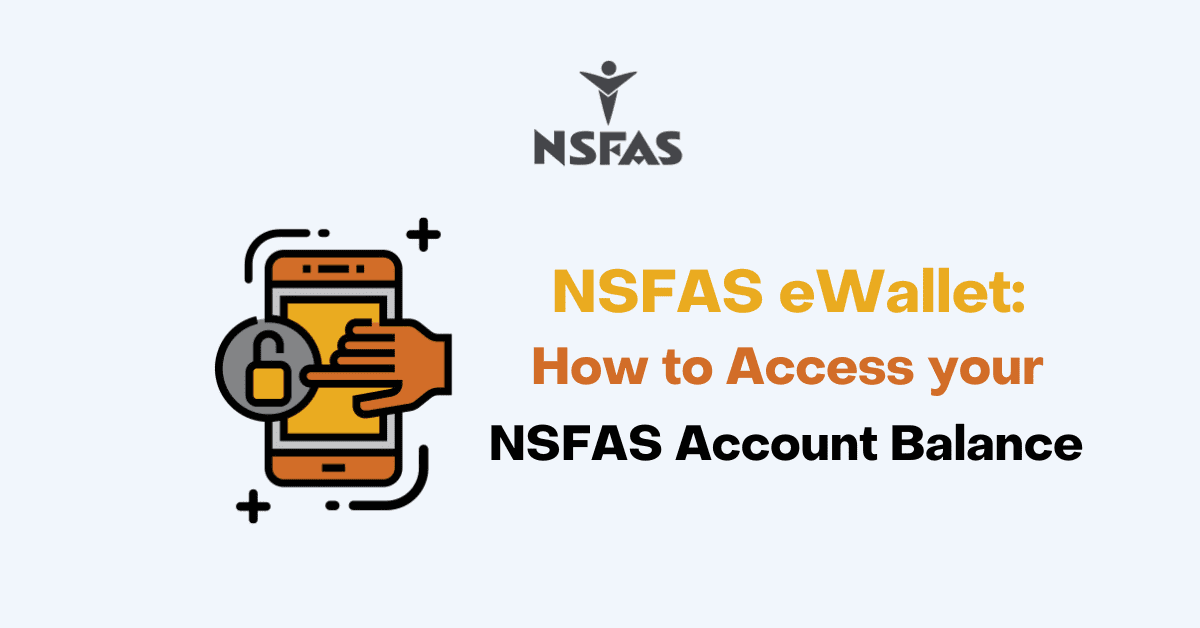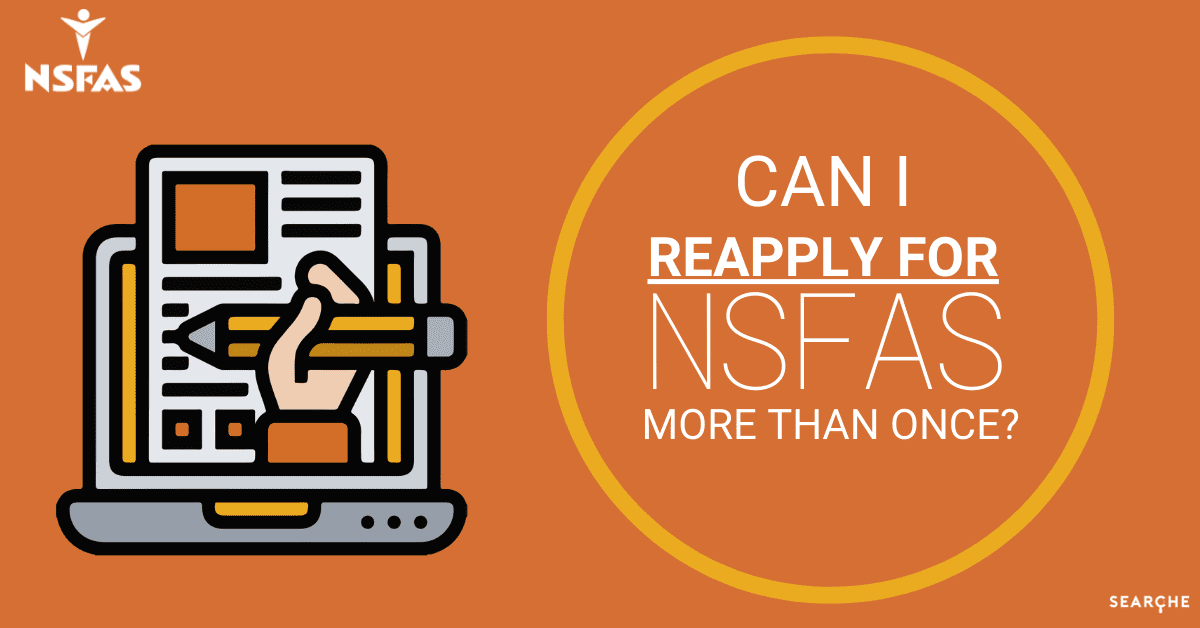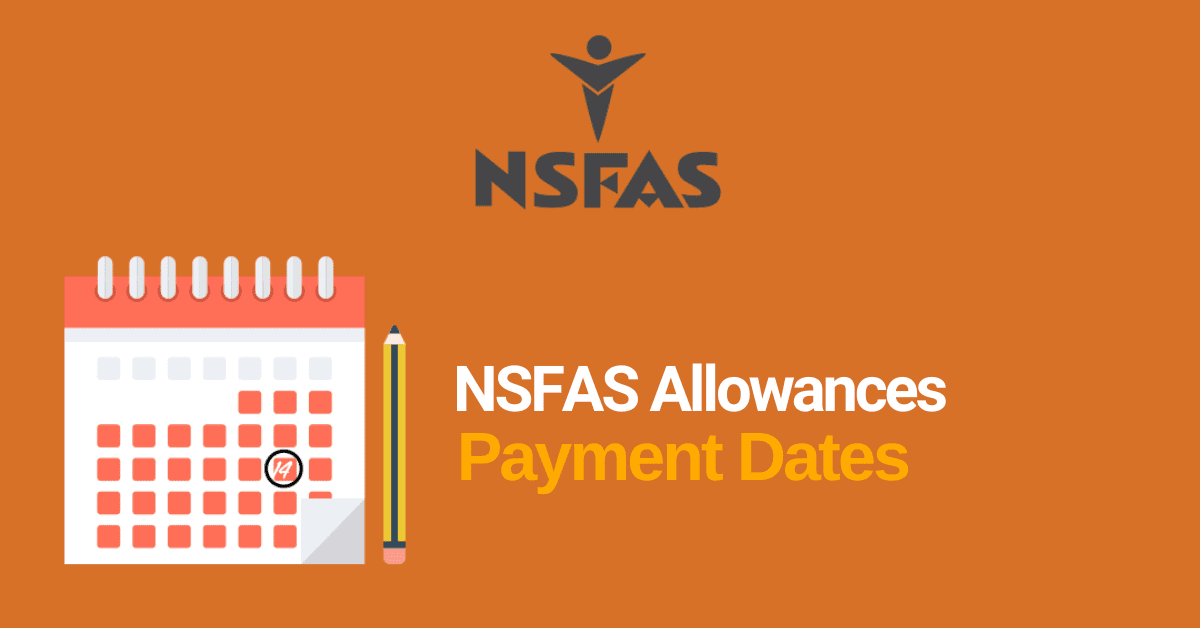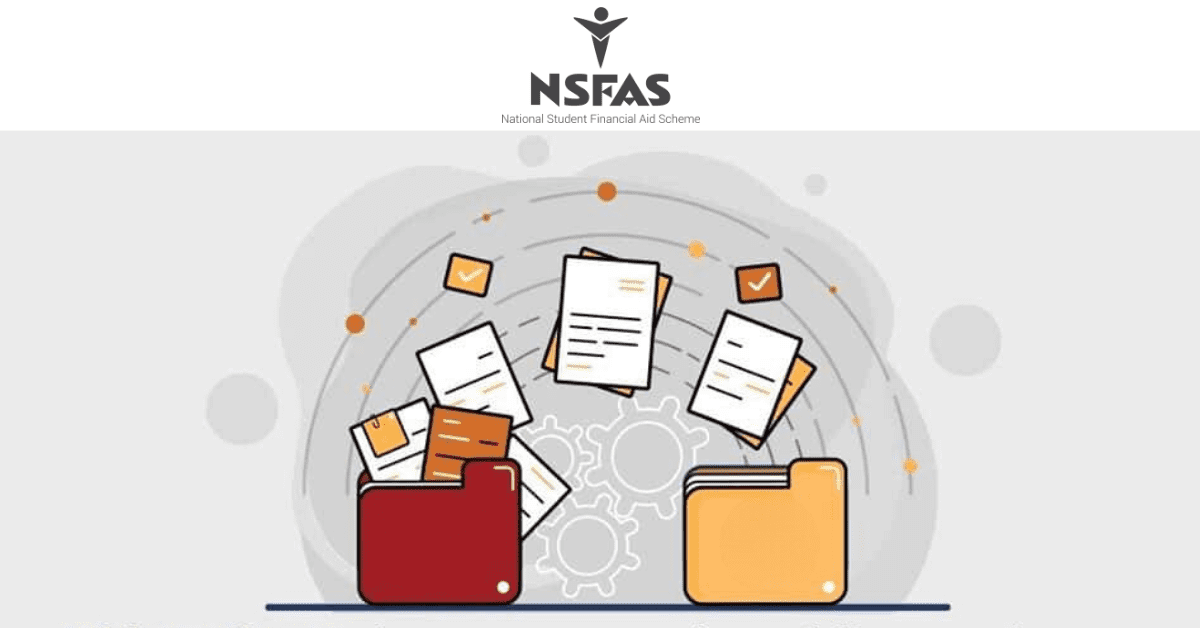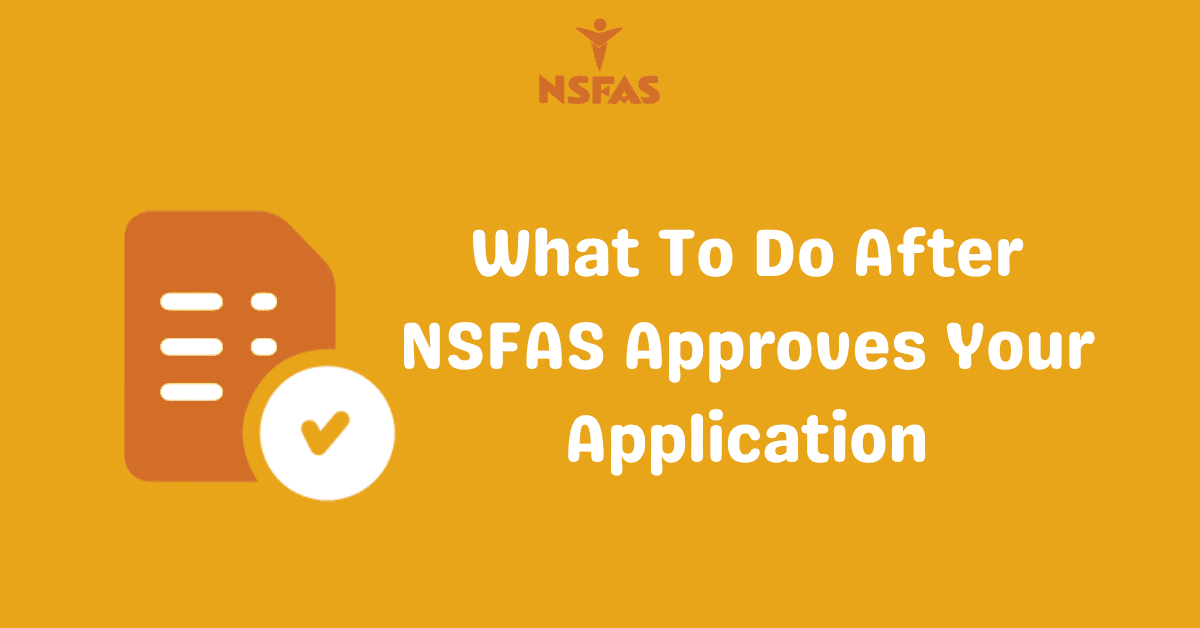An NSFAS loan covers tuition, food, transport, accommodation, textbooks and learning materials for students who qualify. Students who cannot afford to study and meet the criteria can apply for study at a university or Technical and Vocational Education and Training (TVET) College.
The NSFAS N+ rule has been in effect Since December 2017, and, in a nutshell, it means that the National Student Financial Aid Scheme will only fund students for a specified time.
Although the fund supports thousands of underprivileged students enrolling in and completing tertiary qualifications, it cannot continue to do so indefinitely. There is a limited period that students will receive the NSFAS bursaries, which is what the N+Rule refers to.
What Is The “N+2 Rule” for The NSFAS?
In simple terms, and like the example above, it means that a student only has the minimum allowed years, plus two years to complete a degree or diploma course. In this case, “N” means the expected duration or period to achieve a specific qualification, usually four years for degrees or diplomas.
The “plus 2” (+2) refers to the additional two years students can receive funding from the NSFAS to complete a degree or diploma.
In other words, if the degree you choose to study takes four years to complete, but you fail two years, you’ll still be funded for the additional two years, but no more than that.
What is the NSFAS “N+1” Rule?
The NSFAS N+1 rule applies and affects students enrolling at a university or TVET college after 2017. It means that students are only permitted funding for the average period of four years to complete a degree or diploma, plus another year of funding if the student requires one more year to earn the qualification.
For instance, completing a bachelor’s degree usually takes four years. This means students are expected to complete the course in four years. With the N+1 NSFAS rule, the fund will pay for tuition, accommodation, food, transport and study materials for one more year should the student fail one year and require another year to earn the degree.
How does the NSFAS N+2 rule work?
Said another way, the N+2 rule means: “N” is the minimum number of years allocated to complete a specific degree, and the +2 is the maximum. So, if your degree’s regular allotted time frame for completion is four years, but you need more time, you have a maximum of two additional years or a total of six years (4 + 2 = 6) to finish the degree with funding.
If you do not achieve the degree within two additional years, the NSFAS funding will discontinue. Meaning you cannot continue repeating a year with funding indefinitely – students who fail to attain a degree or diploma within the N+ period will most probably receive a regretful reply when applying for NSFAS
Can you appeal the NSFAS N+ rule?
For the 2026 financial year, the NSFAS received 900 000 applications for financial aid, so it stands to reason that some applications were rejected. However, students have the opportunity to appeal rejections within 30 days.
The NSFAS rejects many applications for funding due to the N+2 rule and regretted students need to understand that the N+2 does not involve how many years they’ve already received funding but how many years they’ve been registered for study at a recognized university or college.
So, in the case of students transferring to other universities, regardless of NSFAS funding, the years registered for the financing are counted as part of the “N”.
How do I appeal an NSFAS N+2 rule?
Follow these steps to appeal rejections based on the N+ rule:
- Go to your account (myNSFAS) on the website: www.nsfas.org.za
- Click on “Track Funding Progress”.
- Check “Application Progress”.
- Should your status be ‘unsuccessful’, you can submit an appeal.
- Click “Submit Appeal” to see why your application failed.
- Select a reason for your appeal and upload the relevant documents.
- After submitting your appeal and all the correct documents, please regularly track it on the website.
Conclusion
It’s essential to gather as much information and documentation as possible to appeal an NSFAS rejection. The fund has several useful online sources where you can get help with your appeal. For example, you can click on this link: How To Write NSFAS Appeal Motivational Letter to help you professionally organize your appeal.
Critically, the best course of action is to focus on studies and work hard during the time allocated to earn a qualification. Employers may not look too keenly at a job applicant who regularly fails modules or, worse, entire years of study.
Always be clear about the university or college’s minimum accepted standards or pass marks, and make those your goals. Furthermore, students who have the opportunity to receive funding, loans, or bursaries are perhaps seen as being privileged in today’s economy, and it’s advisable to take the chance and deliver your very best, dedicated work.



